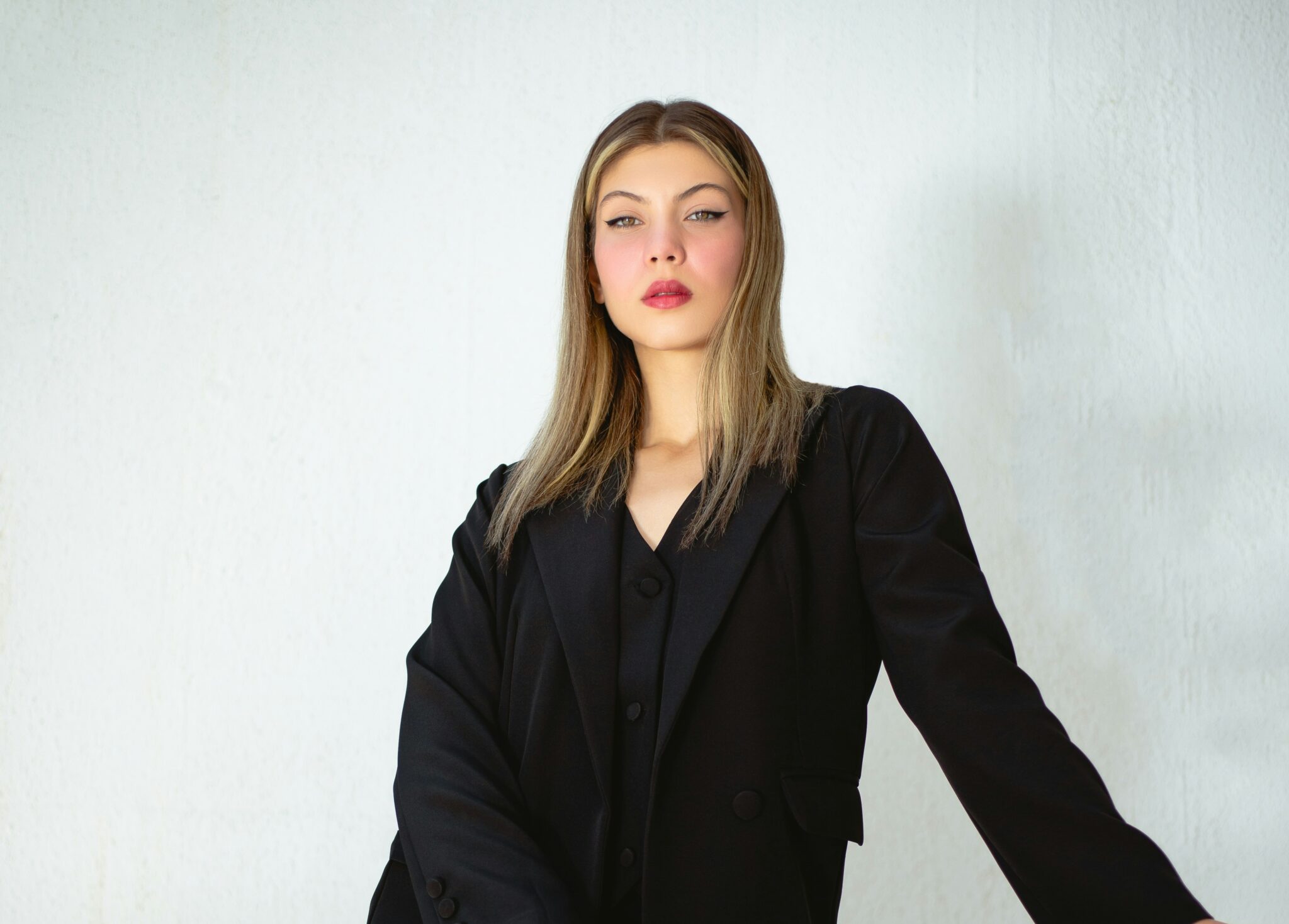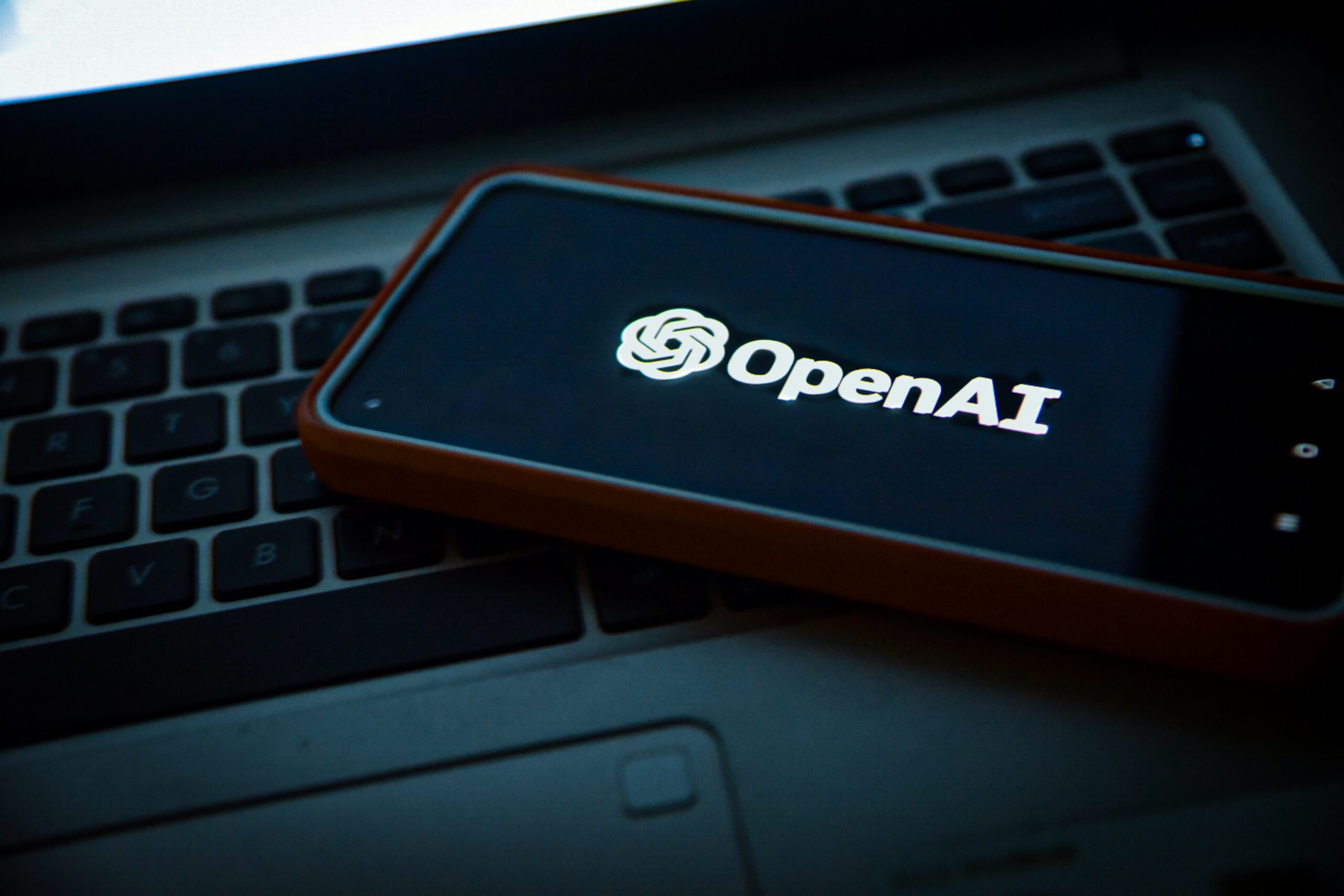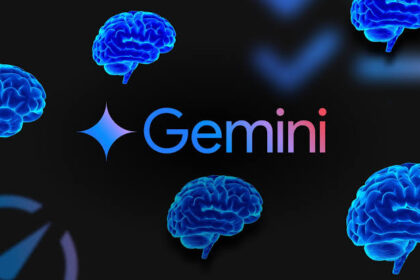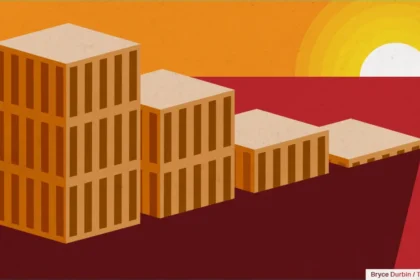Zelda Williams, daughter of the late actor Robin Williams, is speaking out against the use of artificial intelligence to recreate her father’s likeness. “Please, just stop sending me AI videos of Dad. Stop believing I wanna see it or that I’ll understand. I don’t and I won’t,” Zelda wrote in an Instagram story on Monday. “If you’ve got any decency, just stop doing this to him and to me, to everyone even, full stop. It’s dumb, it’s a waste of time and energy, and believe me, it’s NOT what he’d want.”
Her message comes days after the release of OpenAI’s Sora 2 model and Sora social app, which let users generate hyper-realistic deepfakes of people, including the deceased. While Sora prevents users from creating videos of living people without consent, it currently places no clear restrictions on generating images or videos of the dead.
This has led to an influx of AI-generated clips featuring historical and cultural icons such as Martin Luther King Jr., John Lennon, Richard Nixon, and Robin Williams. Sora 2 successfully created a deepfake of the late comedian, even though the platform blocks some other figures like Michael Jackson and Jimmy Carter.
Related: OpenAI’s Sora App Hits 164K Downloads in Two Days Despite Invite-Only Launch
Zelda condemned the trend, saying, “To watch the legacies of real people be condensed down to ‘this vaguely looks and sounds like them so that’s enough,’ just so other people can churn out horrible TikTok slop puppeteering them is maddening.”
OpenAI has not yet commented on whether generating videos of deceased people violates its policies. Critics have long accused the company of taking a loose approach to copyright and likeness rights, especially after Sora’s release sparked a wave of unauthorized AI clips featuring well-known characters.
With AI deepfakes becoming more realistic and accessible, concerns about the misuse of public figures’ likenesses, both living and dead, are only growing louder.






